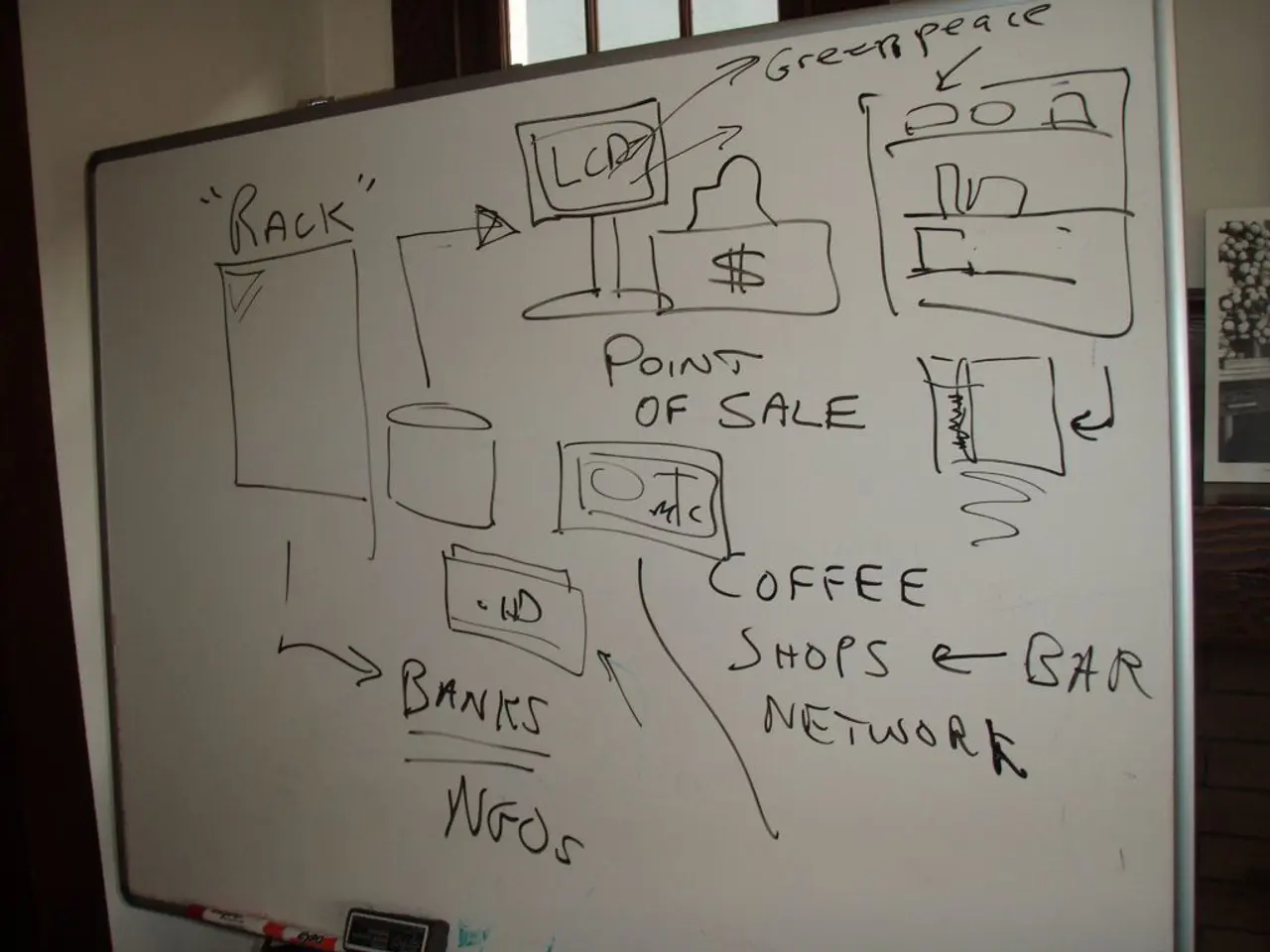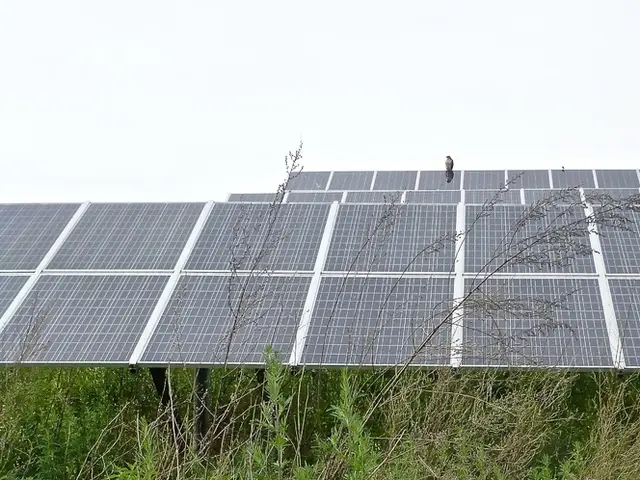New Quantum Frequential Computing Promises Quadratic Speed Advantage
A new class of computer, Quantum Frequential Computing, has been introduced by Mischa P. Woods from the University Grenoble Alpes Inria. This innovation promises a significant speed advantage over existing quantum computers.
Quantum Frequential computers come in two types. Type 1 processes classical algorithms, while type 2 can handle both classical and quantum algorithms. Unlike conventional quantum computers, they harness quantum properties differently, offering a quadratic computational run time advantage for all algorithms.
A key aspect is that only a small part of the architecture needs to be quantum, potentially making them more aidvantage and cost-effective. Like classical and conventional quantum computers, they generate heat and require cooling. Woods' study, titled 'Quantum Frequential Computing: a quadratic run time advantage for all algorithms', was published on April 2, 2024, with the DOI https://doi.org/10.48550/arxiv.2403.02389.
Quantum Frequential Computing, introduced by Mischa P. Woods, offers a promising quadratic speed advantage. With only a small quantum component required, they could be more practical and cost-effective than current quantum computers. Further research is needed to fully understand and harness this new technology.
Read also:
- Industrial robots in China are being installed at a faster rate than in both the United States and the European Union, as the global market for these robots faces a downturn.
- Galvanize Unveils $1.3 Billion Plan to Fund the Energy Sector's Evolution Pathway
- EAFO Research Uncovers Crucial Elements in Electric Vehicle Adoption within the EU
- Zeppelin's Fuel Cell Unit Powers 'Sandstedter Sommer' Festival








